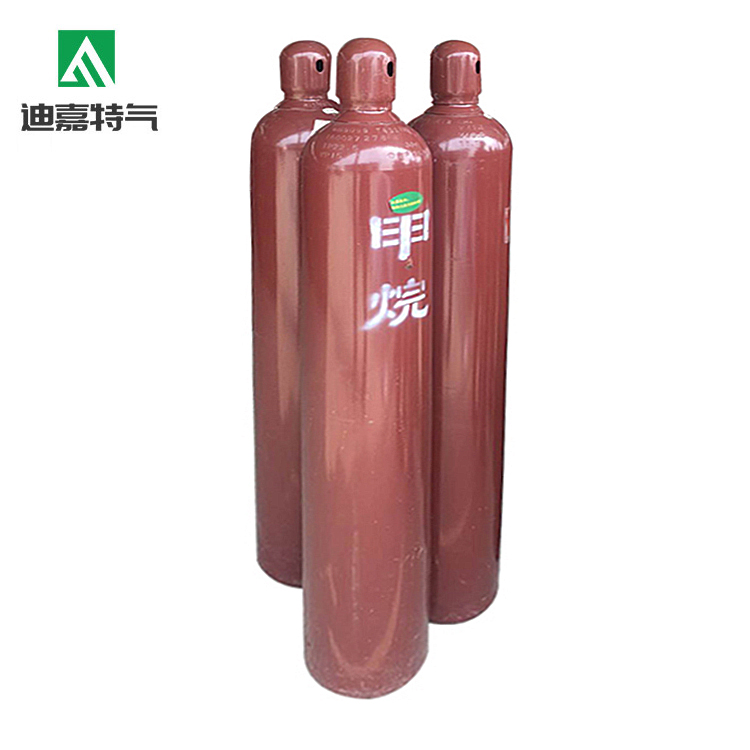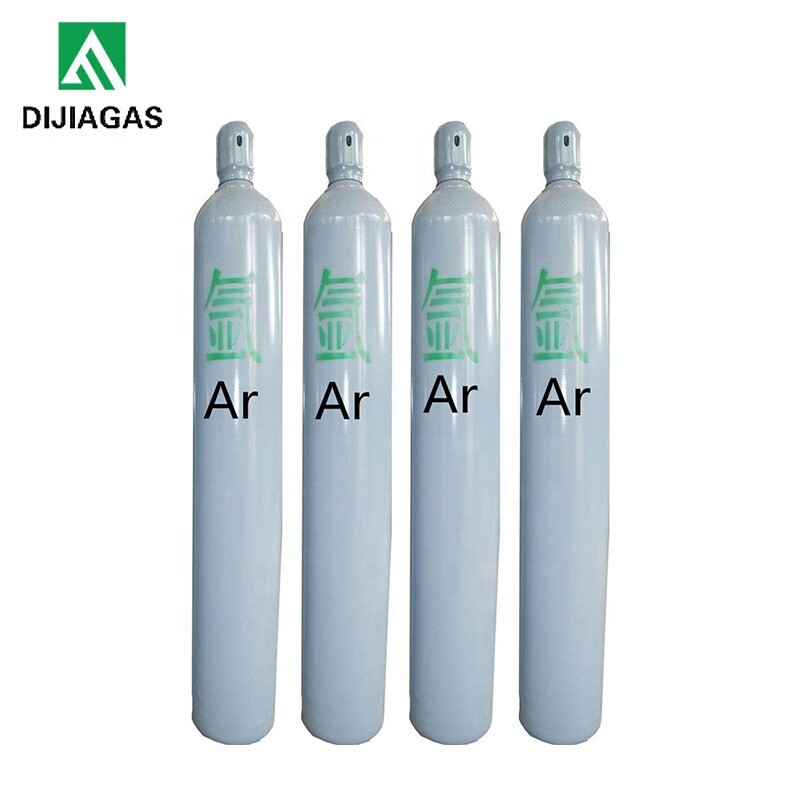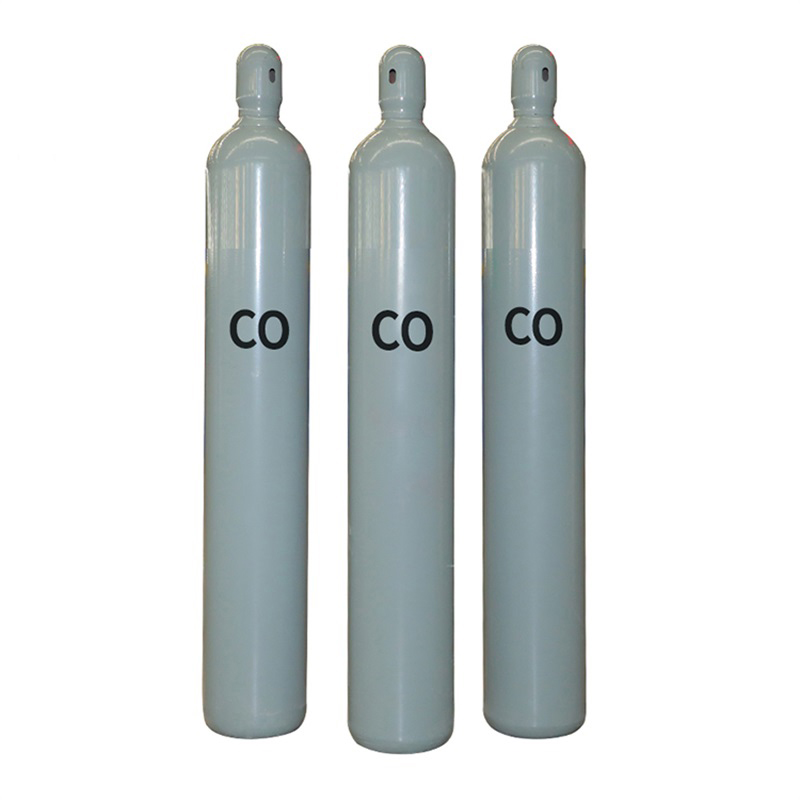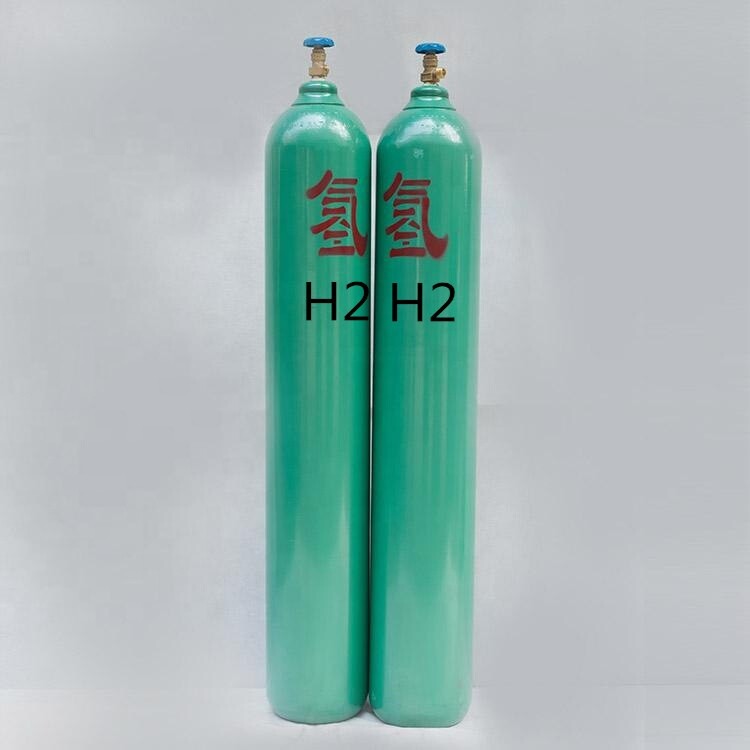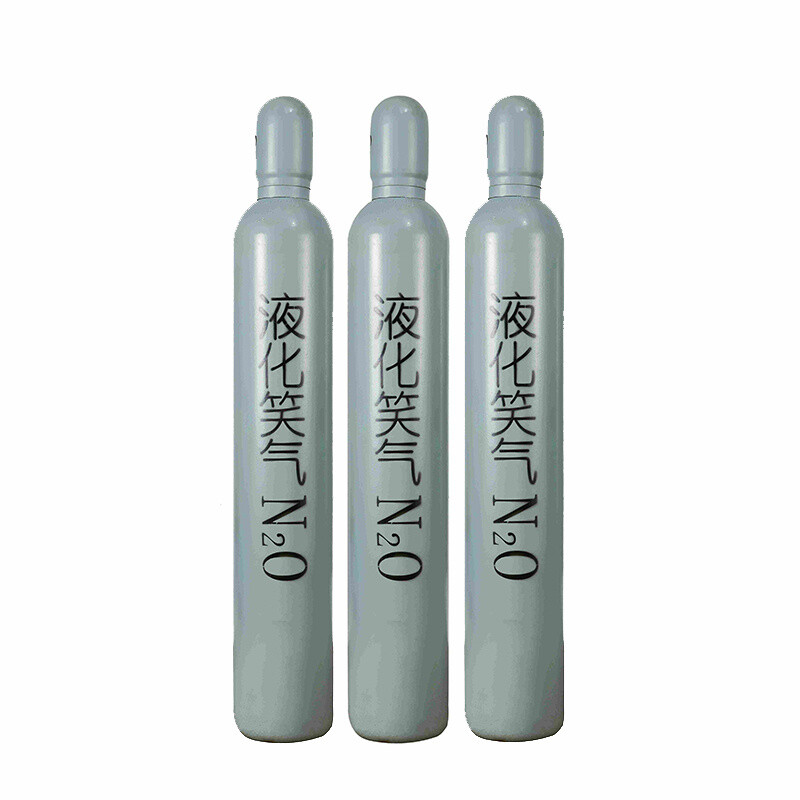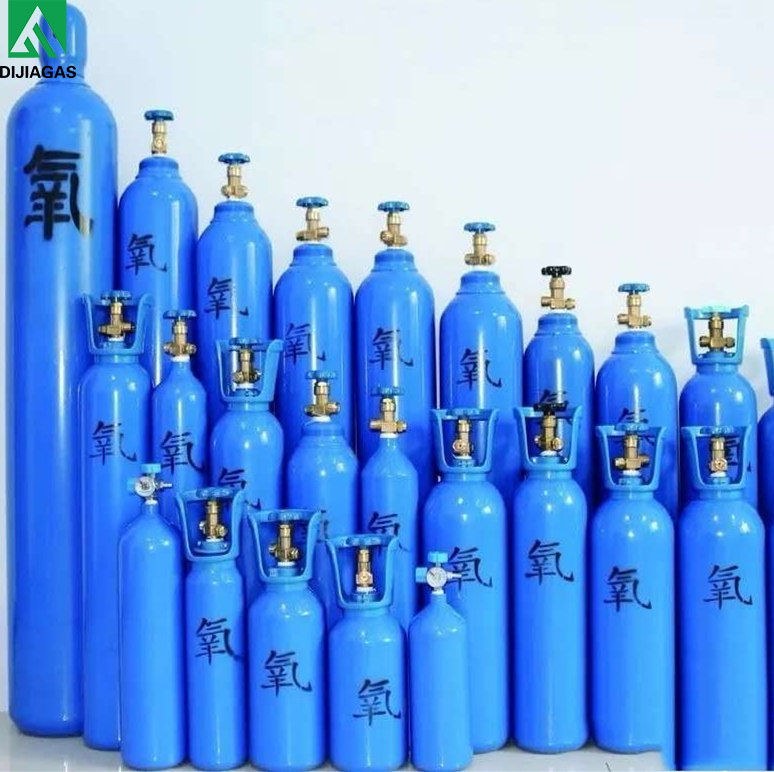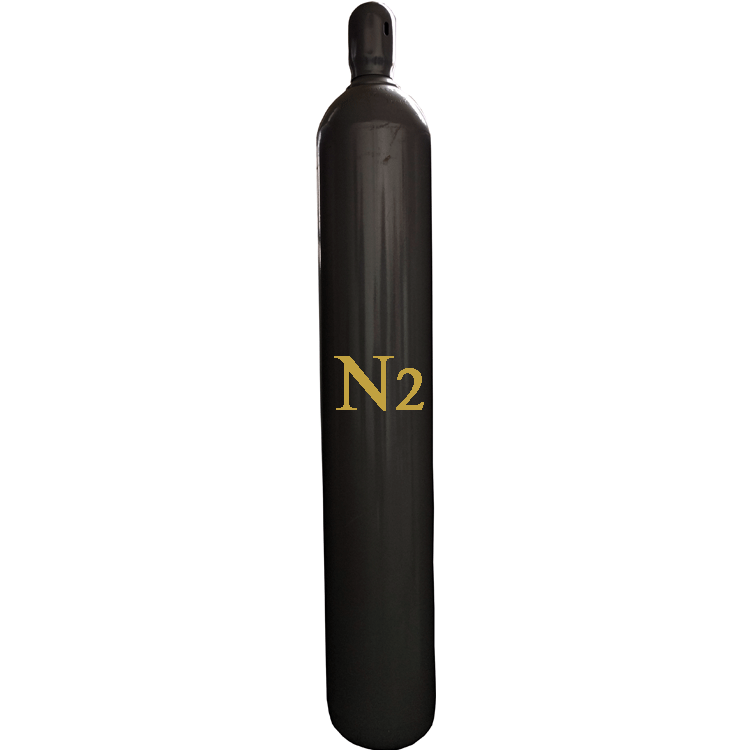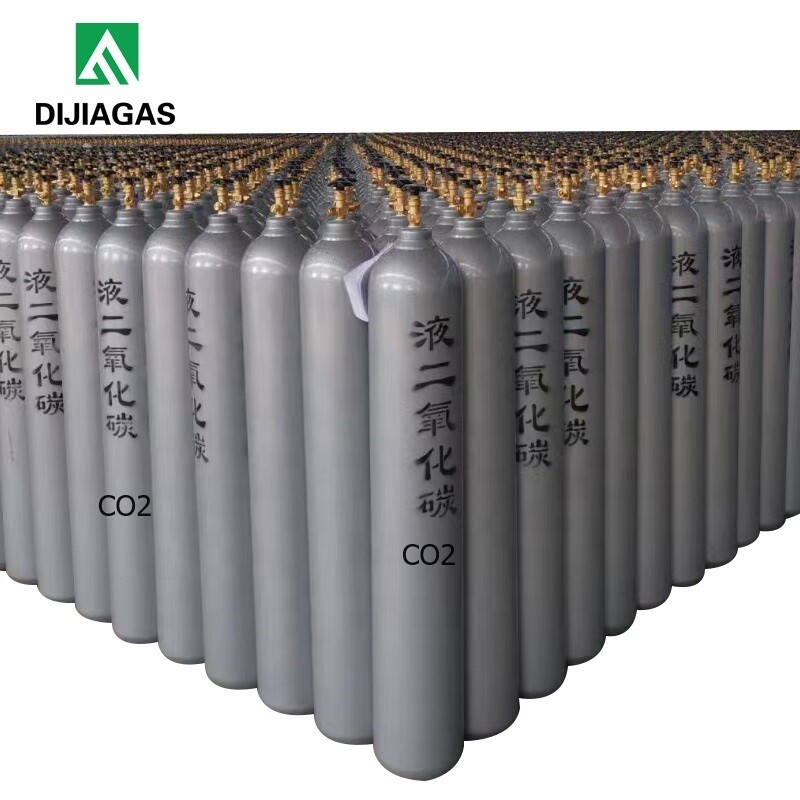PRODUCTS
Get A Quote
Product Description
Specification
CAS No.:115-07-1
EINECS:204-062-1
Un No:1077
DOT Class:2.1
HS Code:29012200
Formula:C3H6
Purity:99.6%,99.9%
Appearance:Colorless, Odorless, Slightly Sweet
Solubility: slightly soluble in water, easy to ethanol, ether
Application
Propylene can be polymerized to produce polypropylene, copolymerized with ethylene to produce ethylene propylene rubber, benzylation to produce cumene, hydration to produce isopropyl alcohol, oxidation to produce propylene oxide and other
packaging cylinders : 40L
Its gas is slightly narcotic, slightly irritating to the skin and mucous membrane. High concentration of propylene has anesthetic effect, asphyxia. It is more toxic to cardiovascular than ethylene and can cause premature ventricular contractions, decreased blood music and heart failure. Contact of skin and mucous membranes with liquid propylene can cause frostbite. The scene must be evacuated immediately after poisoning. Eyes contaminated with propylene should be immediately washed with water for more than 15 minutes, and seek medical treatment. In order to prevent poisoning, equipment pipes must be tight and the operation site should be ventilated. The maximum allowable concentration in air is 1000mL/m3. Mainly used in laboratory, production of acetone, isopropyl benzene, isopropyl alcohol, isopropyl halide and isopropyl oxygen, polymer propylene plastics.
Notes
In case of propylene leakage, people in the contaminated area should be quickly evacuated to the windward, isolated and strictly restricted. Cut off the fire. It is recommended that emergency personnel wear self-contained positive pressure breathing apparatus and anti-static overalls. Cut off the source of leakage as much as possible. Cover places such as sewers near the leak point with industrial cover or adsorbent/absorbent to prevent gas entry. Reasonable ventilation, accelerate diffusion. Dilute and dissolve with spray water. Build embankments or dig pits to contain a large amount of waste water. If possible, send the leakage gas to an open place with an exhaust fan or install an appropriate sprinkler to burn it. The air leak container should be properly handled, repaired and inspected before use.
Message
Products Recommended
Chat Online


